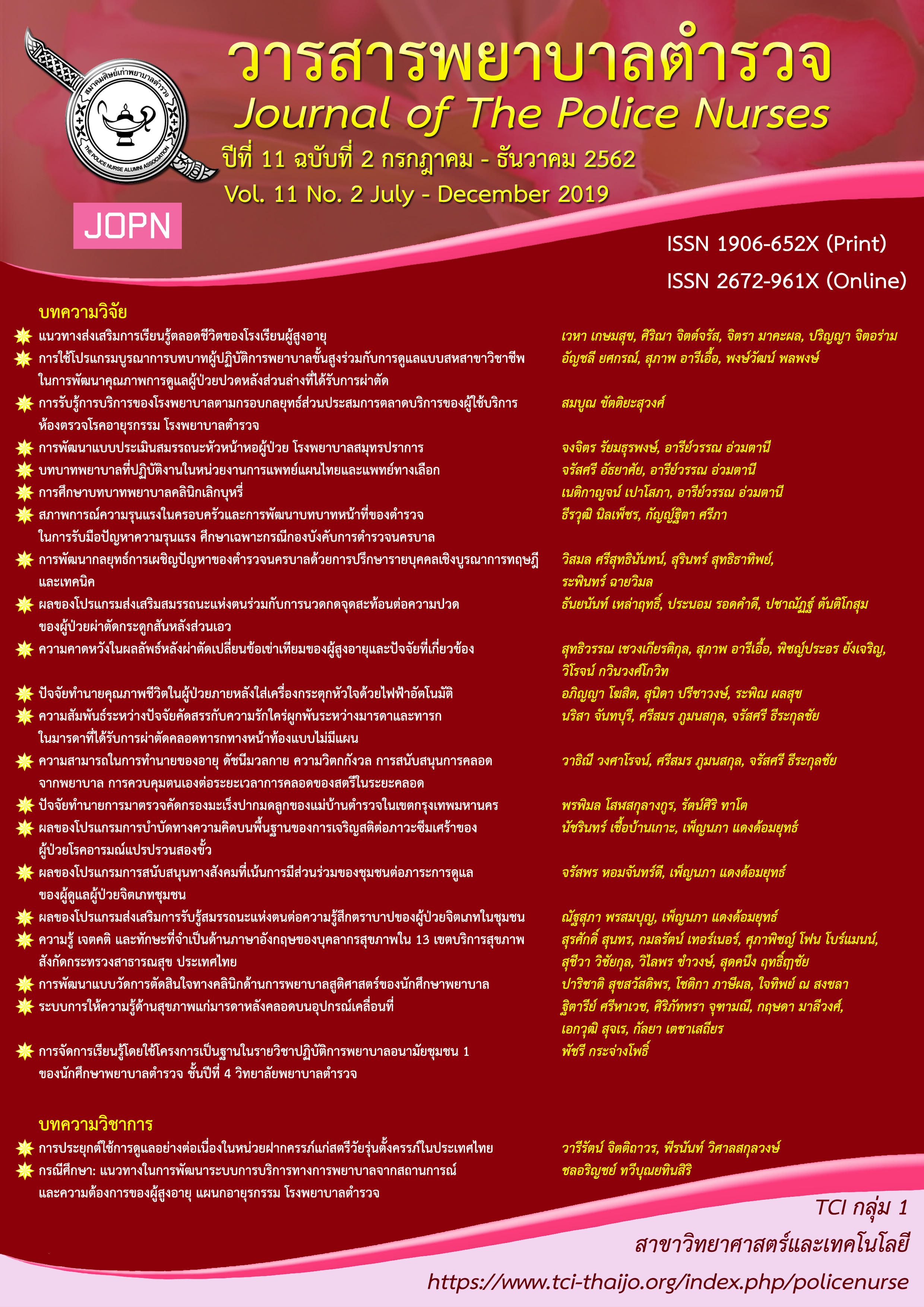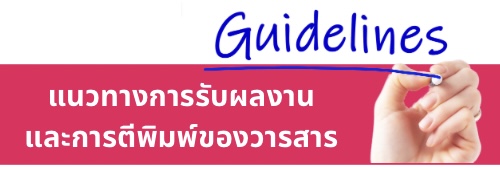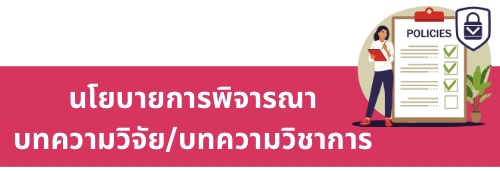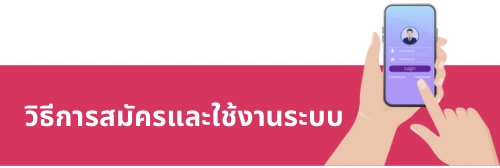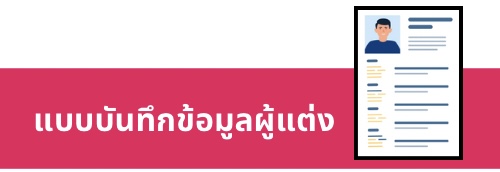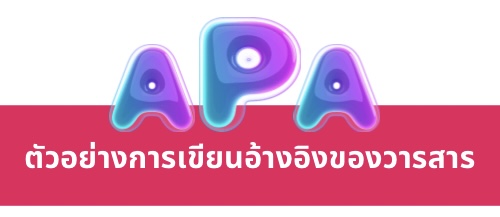ความรู้ เจตคติ และทักษะที่จำเป็นด้านภาษาอังกฤษของบุคลากรสุขภาพ ใน 13 เขตบริการสุขภาพ สังกัดกระทรวงสาธารณสุข ประเทศไทย
คำสำคัญ:
ความรู้, เจตคติ, ทักษะ, ภาษาอังกฤษ, บุคลากรสุขภาพ, เขตบริการสุขภาพบทคัดย่อ
ภาษาอังกฤษสำหรับบุคลากรสายสุขภาพมีความสำคัญมากขึ้นในปัจจุบัน โดยเฉพาะเมื่อก้าวเข้าสู่โลกในศตวรรษที่ 21 การติดต่อสื่อสารอย่างมีประสิทธิภาพช่วยทำให้เกิดความเข้าใจที่ถูกต้องครบถ้วนของข้อมูลสุขภาพทั้งในผู้ให้บริการและผู้รับบริการ การศึกษาเชิงพรรณนาแบบภาคตัดขวางนี้มีวัตถุประสงค์เพื่อศึกษาระดับความรู้ เจตคติ และทักษะที่จำเป็น (KAS) ด้านภาษาอังกฤษของบุคลากรด้านสุขภาพใน 13 เขตบริการสุขภาพ สังกัดกระทรวงสาธารณสุข ประชากรเป็นบุคลากรด้านสุขภาพ จำนวน 247 คน แต่ละเขตบริการสุขภาพทั้ง 13 เขตเป็นผู้คัดเลือกและเสนอชื่อเพื่อเข้ารับการอบรมภาษาอังกฤษใน Module 1 และ Module 2 ผ่านทางสถาบันพระบรมราชชนก กระทรวงสาธารณสุข ในปีงบประมาณ 2561 เก็บรวบรวมข้อมูลแบบออนไลน์โดยใช้แบบสอบถามใน Google Form และวิเคราะห์ข้อมูลโดยใช้สถิติเชิงพรรณนา ได้แก่ ความถี่ ร้อยละ ค่าเฉลี่ย และส่วนเบี่ยงเบนมาตรฐาน
ผลการศึกษาข้อมูลทั่วไปพบว่าประชากรส่วนใหญ่เป็นเพศหญิงร้อยละ 80.2 อายุเฉลี่ย 43 ปี (ร้อยละ 89.4) จบการศึกษาระดับปริญญาตรี 116 คน (ร้อยละ 58.6) เป็นพยาบาลวิชาชีพ 138 คน (ร้อยละ 69.7) ระดับความรู้ส่วนใหญ่ร้อยละ 32.4 มีความรู้ Module 1 ในระดับดี (good) และ Module 2 ร้อยละ 55.5 มีความรู้อยู่ในระดับพอใช้ (fair) โดยร้อยละ 95.0 ของประชากรที่ให้ข้อมูล จำนวน 222 คน มีค่าเฉลี่ยเจตคติต่อภาษาอังกฤษอยู่ในระดับดี เมื่อพิจารณาทักษะด้านภาษาอังกฤษรายด้านพบว่าประชากรที่ให้ข้อมูลจำนวน 217 คน ส่วนใหญ่ร้อยละ 45.2 มีทักษะด้านการฟังอยู่ในระดับปานกลาง และร้อยละ 51.2 51.4 และ 51.2 มีทักษะด้านการอ่าน การพูด และการเขียนอยู่ในระดับต่ำ ตามลำดับ โดยมีค่าเฉลี่ยคะแนนทักษะภาษาอังกฤษในภาพรวมอยู่ที่ระดับต่ำ
ข้อเสนอแนะจากผลการวิจัย คือ เขตสุขภาพทั้ง 13 เขต และกระทรวงสาธารณสุข ควรวางนโยบายการพัฒนาทักษะด้านภาษาอังกฤษไว้เป็นนโยบายหลักด้านการพัฒนากำลังคนด้านสุขภาพ โดยเน้นทักษะภาษาอังกฤษที่จำเป็น ได้แก่ การฟัง (listening) การพูด (speaking) การอ่าน (reading) และการเขียน (writing) ให้แก่บุคลากรด้านสุขภาพ เพื่อประโยชน์ด้านการสื่อสารและประสานงานเกี่ยวกับข้อมูลสุขภาพในโลกยุคใหม่ซึ่งเป็นโลกที่ไร้พรมแดน
Downloads
เอกสารอ้างอิง
Chomvilailuk, R., & Srisomyong, N. (2015). Three dimensional perceptions of medical/ health travelers and destination brand choices: Cases of Thailand. Procedia-Social and Behavioral Sciences, 175, 376-383.
Deerajviset, P. (2014). The ASEAN community 2015 and English language teaching in Thailand. Journal of Humanities and Social Sciences, 10(2), 39–75.
Duangloy, M. (2015). Factors affecting English reading problems of students in Rajamangala University of Technology Krungthep. Journal of Technical Education Rajamangala University of Technology Thanyaburi, 3(1), 153–167.
Hashim, A., Kaur, J., & Kuang, T. S. (2016). Identity regionalism and English as an ASEAN Lingua Franca. Journal of English as a Lingua Franca, 5(2), 229–247.
Hong, N. C., & Ling, C. Y. (2018). 2 Current trends and future directions in pre-service teacher training programmes for English language in ASEAN Plus Three. English Language Teacher Preparation in Asia: Policy, Research and Practice, 2.
Kim, S., & Shin, G. (2016). Effects of nursing process-based simulation for maternal child emergency nursing care on knowledge, attitude, and skills in clinical nurses. Nurse education today, 37, 59-65.
Kongkerd, W. (2013). Teaching English in the era of English used as a lingua franca in Thailand. Executive Journal, 33(4), 3-12.
Mestan, K. (2016). Access, achievement and outcomes among students from non-English speaking backgrounds. In A. Harvey, C. Burnheim, & M. Brett (Eds.), Student equity in Australian higher education: Twenty-five years of a fair chance for all (pp. 125-141). https://doi.org/10.1007/978-981-10-0315-8_8
Moghavvemi, S., Ormond, M., Musa, G., Mohamed Isa, C. R., Thirumoorthi, T., Bin Mustapha, M. Z., . . . Chiremel Chandy, J. J. (2017). Connecting with prospective medical tourists online: A cross-sectional analysis of private hospital websites promoting medical tourism in India, Malaysia and Thailand. Tourism Management, 58, 154–163.
Murray-García, J. L., Harrell, S., García, J. A., Gizzi, E., & Simms-Mackey, P. (2014). Dialogue as skill: Training a health professions workforce that can talk about race and racism. American Journal of Orthopsychiatry, 84(5), 590–596.
Nirattisai, S. (2018). Attitudes, motivation, and English learning behavior of Phuket Rajabhat University Students. Journal of Humanities and Social Sciences, 9(2), 138-170.
Nooseisai, M., Wang, Y.-F., Hongsranagon, P., & Munisamy, M. (2016). Medical tourism within the medical hub policy: Reviewing the need of a balanced strategy for health inequality reduction in a Thai context. The Journal of Health Research, 30(6).
Noree, T., Hanefeld, J., & Smith, R. (2016). Medical tourism in Thailand: A cross-sectional study. Bulletin of the World Health Organization, 94(1), 30.
Pattanapichet, F., & Chinokul, S. (2011). Competencies needed in oral communication in English among Thai undergraduate public relations students: A substantial gap between expectations and reality. RELC Journal, 42(2), 187–202.
Riyai, P., & Khamsri, T. (2012). Developing English listening-speaking skills of the first-year students through self-access multimedia computer program. Retrieved from https://research.northcm.ac.th/ attachments/fil/130424095901.pdf
Rongworapong, P. (2014). Problems in writing English of the New-entry University Students: A case study of Prince of Songkla University, Trang Campus. Rajabhat Maha Sarakham University Journal, 8(3), 119–126.
Sharifian, F. (2017). English as an international language. In The international encyclopedia of intercultural communication (pp. 1–5).
Sukserm, T., Suwannabubpha, S. & Kulto, S. (2018). English language needs of medical personnel in hospitals of Kalasin Province. Faculty of Public Health, Department of Community and local Health Management, Kalasin Province.
Bamroonsook, S., Korsakul, A., & Areemitr, P. (2016). Stability of the ASEAN.
Suttipun, M. (2014). The readiness of Thai accounting students for the ASEAN economic community: An exploratory study. Asian Journal of Business and Accounting, 7(2).
Takehara, S., Wright, F. A. C., Kawaguchi, Y., Ishida, Y., Morio, I., & Tagami, J. (2016). Characteristics of undergraduate dental students in Japan: English competency and willingness to study abroad. International Dental Journal, 66(5), 311–317.
Tantrakul, Y. (2014). Development of speaking skills for everyday life using conversation exercises. Retrieved from https://www.spu.ac.th/tlc/files/2014/05/Tuwaporn-Tantrakul_55.pdf
Te, V., Griffiths, R., Law, K., Hill, P. S., & Annear, P. L. (2018). The impact of ASEAN economic integration on health worker mobility: A scoping review of the literature. Health Policy and Planning, 33(8), 957-965.
Williams, A., Oulton, K., Sell, D., & Wray, J. (2018). Healthcare professional and interpreter perspectives on working with and caring for non-English speaking families in a tertiary paediatric healthcare setting. Ethnicity & Health, 23(7), 767–780. https://doi.org/10.1080/13557858.2017.1294662
Wongkit, M., & McKercher, B. (2016). Desired attributes of medical treatment and medical service providers: A case study of medical tourism in Thailand. Journal of Travel & Tourism Marketing, 33(1),14–27.
Yomyao, A. (2017). The essential English skills using problem for professional nurses working in the medium and the large hospitals in Chiang Rai province. Private Higher Education Institutions Association, 23(2), 56–66.
Zein, S., & Stroupe, R. (2017). English and language-in-education policy in the ASEAN Plus Three Forum. Taylor & Francis.
ดาวน์โหลด
เผยแพร่แล้ว
รูปแบบการอ้างอิง
ฉบับ
ประเภทบทความ
สัญญาอนุญาต
ผลงานที่ได้ตีพิมพ์แล้วจะเป็นลิขสิทธิ์ของวารสารพยาบาลตำรวจ

